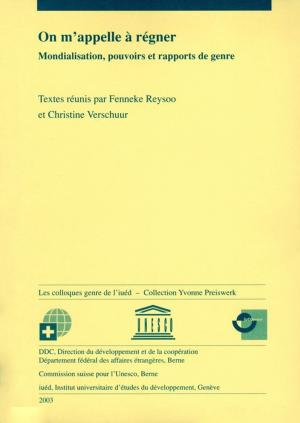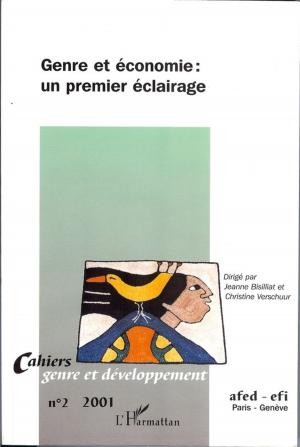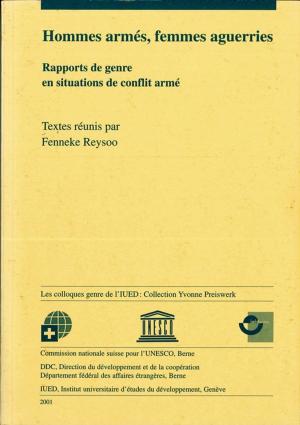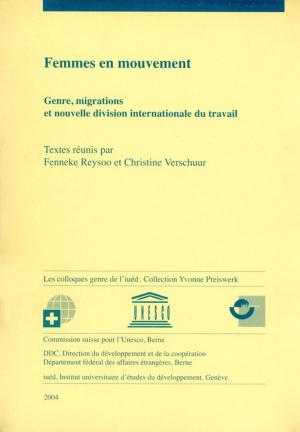Pashtun Traditions versus Western Perceptions
Cross-Cultural Negotiations in Afghanistan
Nonfiction, Social & Cultural Studies, Political Science| Author: | Leo Karrer | ISBN: | 9782940503117 |
| Publisher: | Graduate Institute Publications | Publication: | December 4, 2012 |
| Imprint: | Graduate Institute Publications | Language: | English |
| Author: | Leo Karrer |
| ISBN: | 9782940503117 |
| Publisher: | Graduate Institute Publications |
| Publication: | December 4, 2012 |
| Imprint: | Graduate Institute Publications |
| Language: | English |
Cross-cultural interactions take place every day in contemporary Afghanistan between locals and the thousands of foreigners working in the country as diplomats, officials from international organisations and humanitarian aid workers. As their work requires them to interact with Afghans in manifold ways, all foreigners are, at least indirectly, required to negotiate. Karrer’s ePaper sheds light on the cross-cultural issues likely to contribute to the difficulties encountered by the international community in negotiating with Afghans, as well as for Afghans negotiating with foreigners. Through an analysis of academic literature, Karrer broadly outlines selected elements of Pashtun, in contrast to Western, negotiation culture, discusses the extent to which this negotiation culture may be attributed to Pashtun tradition, and attempts to highlight the complexity of Afghan negotiation behaviour against the binary indexing predominant in the preconceived cluster of Western cross-cultural negotiation and communication theories. Karrer’s research yields some significant insights into the impacts of cross-cultural issues on negotiation. Largely, he finds that current cross-cultural theories fail to provide a solid basis upon which to interpret the reality that exists on the ground in Afghanistan. This Paper draws on a final research work submitted to fulfil the requirements of the Executive Master in International Negotiation and Policy-Making (INP). The views and opinions expressed in this ePaper are those of the author and do not necessarily reflect the official policy or position position of Switzerland's Federal Department of Foreign Affairs (FDFA).
Cross-cultural interactions take place every day in contemporary Afghanistan between locals and the thousands of foreigners working in the country as diplomats, officials from international organisations and humanitarian aid workers. As their work requires them to interact with Afghans in manifold ways, all foreigners are, at least indirectly, required to negotiate. Karrer’s ePaper sheds light on the cross-cultural issues likely to contribute to the difficulties encountered by the international community in negotiating with Afghans, as well as for Afghans negotiating with foreigners. Through an analysis of academic literature, Karrer broadly outlines selected elements of Pashtun, in contrast to Western, negotiation culture, discusses the extent to which this negotiation culture may be attributed to Pashtun tradition, and attempts to highlight the complexity of Afghan negotiation behaviour against the binary indexing predominant in the preconceived cluster of Western cross-cultural negotiation and communication theories. Karrer’s research yields some significant insights into the impacts of cross-cultural issues on negotiation. Largely, he finds that current cross-cultural theories fail to provide a solid basis upon which to interpret the reality that exists on the ground in Afghanistan. This Paper draws on a final research work submitted to fulfil the requirements of the Executive Master in International Negotiation and Policy-Making (INP). The views and opinions expressed in this ePaper are those of the author and do not necessarily reflect the official policy or position position of Switzerland's Federal Department of Foreign Affairs (FDFA).















